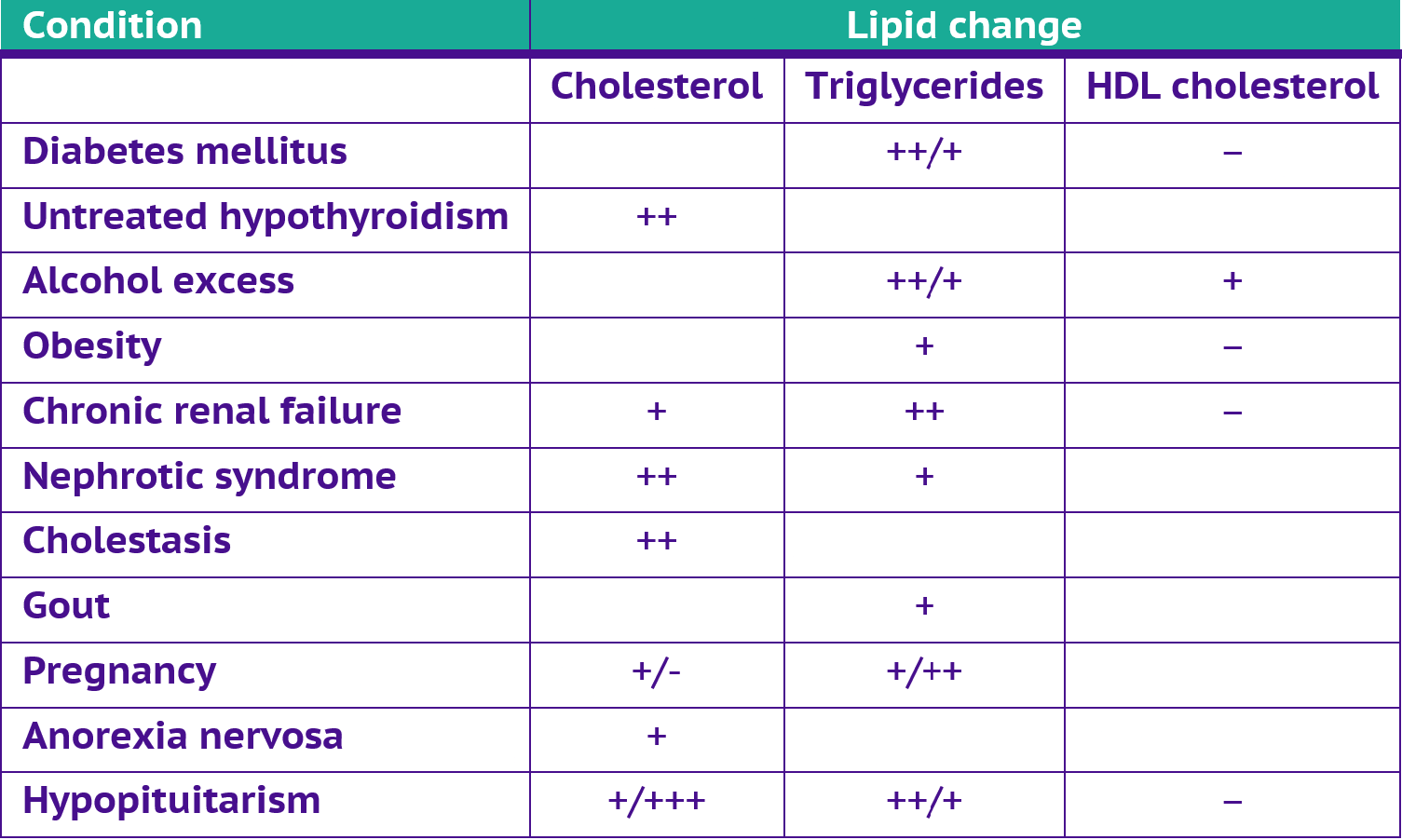High LDL cholesterol and genetics
There are two common reasons people have high cholesterol:
- Living an unhealthy lifestyle, bad diet or combination of both that has led to high cholesterol levels.
- An inherited condition which can often lead to abnormally high levels of low-density lipoproteins (LDL or "bad" cholesterol). The inherited condition is known as familial hypercholesterolaemia (FH). The risk of premature CHD is elevated by at least twenty times higher in untreated FH patients.
However with early detection, an age-appropriate plan can be developed to reduce the likelihood of future heart disease.
People who are known to have this genetic disorder can pass their gene down to their children. Thus it is important to test family members, particularly children, if FH is known in the family. Children of a parent with FH have at least 50% chance of inheriting the disorder. However, if both parents of the child is known to be diagnosed with FH, not only is there a 75% change of inheriting the disorder but also a 25% chance of being a homozygous FH. Homozygous FH is a very serious form of familial hypercholesterolemia and are very rare (1 in 300,000 to 1 in 1,000,000).


What can be affected by high levels of LDL?
In FH, plasma LDL cholesterol concentrations are elevated from birth and can lead to an accelerated formation of foam cells and atherosclerotic plaques. ????The coronary arteries (which supply the oxygen to our heart muscles) and proximal aorta (first part of the largest blood vessel in the body) are particularly affected. ??carotid arteries???
The development of atherosclerosis is proportional to the degree of elevation in LDL cholesterol concentration and to the duration of exposure to the untreated high levels of LDL cholesterol. Hence, development of atherosclerosis is much higher in homozygous FH than in heterozygous FH.
Statistic and risk
- At least 50% of men with heterozygous FH are likely to have a cardiovascular event by age 50
- At least 30% of women with heterozygous FH are likely to have a cardiovascular event by aged 60
- Homozygous FH tends to exhibit supravalvular aortic stenosis and aggressive coronary atherosclerosis by age 25.
Current international guidelines recommend genetic testing for FH from 5 to 10 years of age.
FH is both under diagnosed and undertreated worldwide, in spite of being an easily treatable condition. In Australia it is estimated that 77,000 people have FH of which 80% (that is 61,000 people) have not yet been diagnosed.
